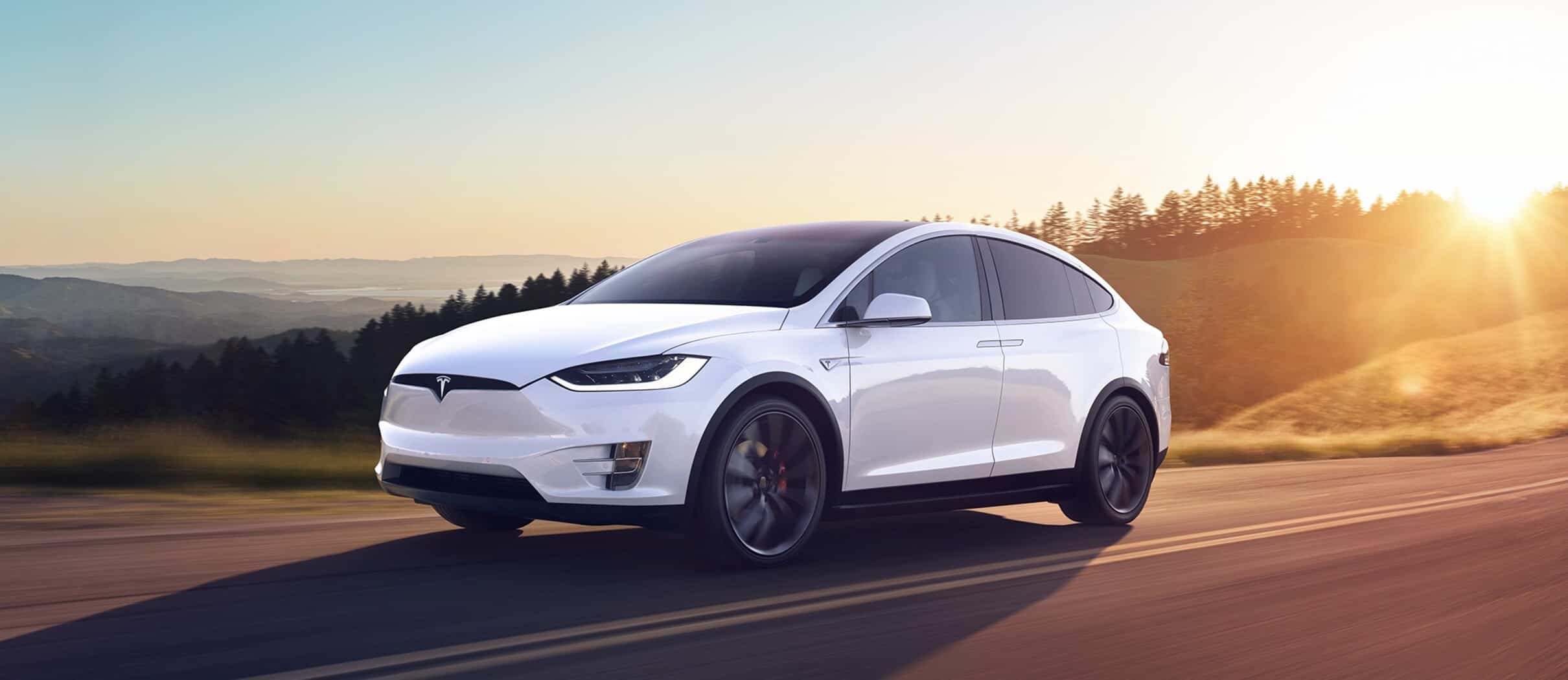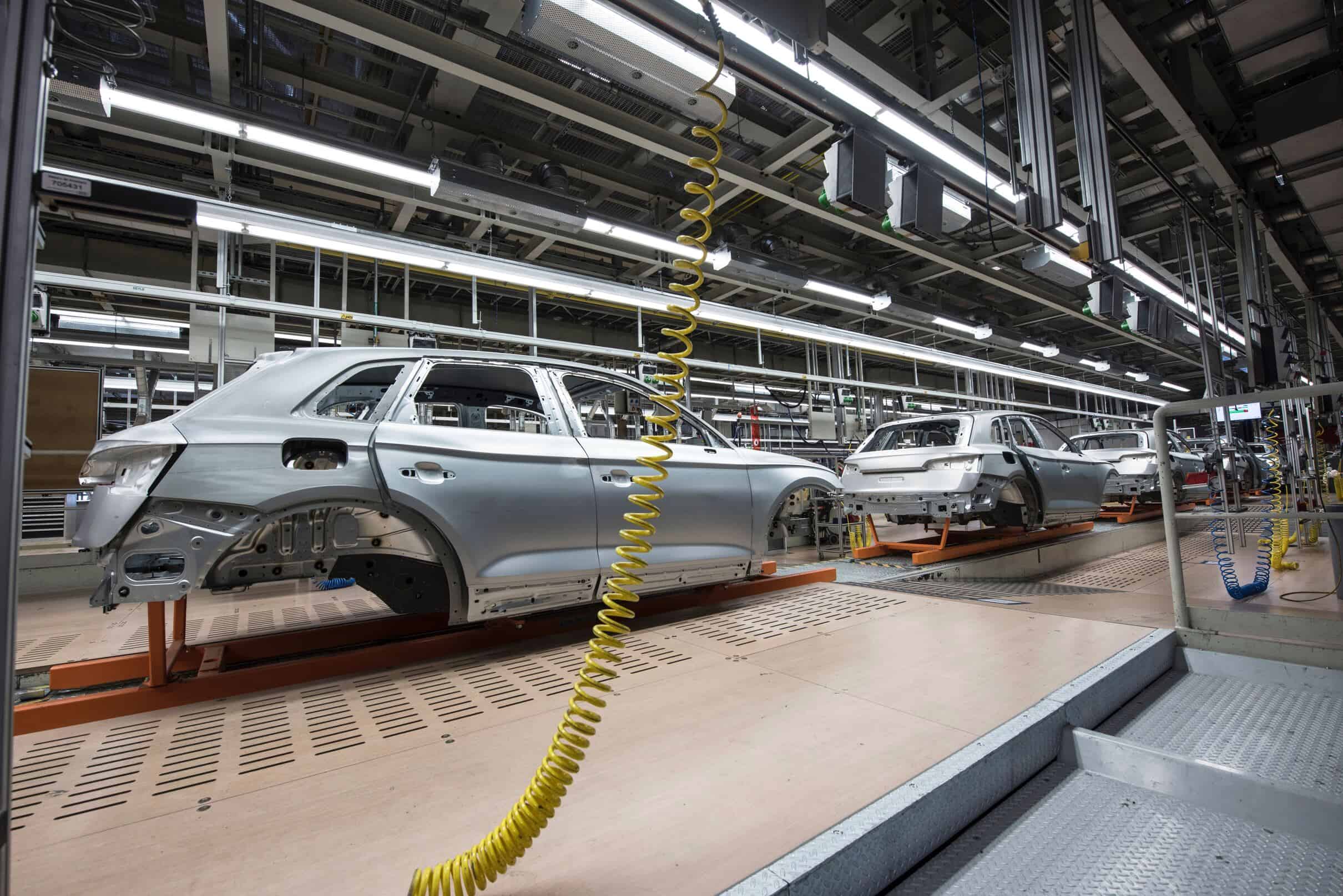Introduction
The rise of electric vehicles (EVs) has been a significant trend in the automotive industry over the past decade, and the UK is no exception. As of 2025, electric cars have cemented their presence on British roads, driven by technological advancements, government policies, environmental awareness, and consumer demand. This article delves into the popularity of electric cars in the UK, examining their growth, the factors driving their adoption, and the challenges and future prospects of the electric vehicle market.

Growth and Market Penetration
Electric cars have seen a remarkable surge in popularity in the UK over recent years. According to the latest statistics, as of early 2025, EVs account for approximately 1 in 4 of new car registrations. This is a substantial increase from just a few years ago, reflecting a broader shift in consumer preferences and market dynamics. The total number of electric vehicles on UK roads has surpassed the one million mark, a milestone that underscores the rapid adoption of this technology.
Several models have become particularly popular among British consumers. Leading the charge are vehicles from brands like Tesla, Nissan, BMW, and Hyundai, which offer a range of options from affordable compacts to luxury sedans. The Tesla Model 3, Nissan Leaf, and Hyundai Kona Electric are among the top-selling electric cars, praised for their range, performance, and affordability.
Government Policies and Incentives

Government policies have played a crucial role in promoting the adoption of electric cars in the UK. The UK government has set ambitious targets to phase out the sale of new petrol and diesel cars by 2030, with a further goal to achieve net-zero carbon emissions by 2050. These targets have spurred a variety of incentives and support mechanisms to encourage the transition to electric vehicles.
One of the most significant incentives is the Plug-in Car Grant, which offers financial assistance to buyers of eligible electric vehicles. Additionally, the government has invested heavily in expanding the charging infrastructure, ensuring that there are ample public charging points across the country. As of 2025, the UK boasts over 73,000 public charging points, with a growing number of rapid chargers that can significantly reduce charging times.
Furthermore, electric car owners benefit from reduced road tax, exemption from congestion charges in cities like London, and lower company car tax rates. These incentives have made electric vehicles not only an environmentally conscious choice but also a financially attractive option for many consumers.
Environmental Awareness

Environmental concerns are a major driver behind the growing popularity of electric cars. The UK has experienced increasing public awareness and concern about climate change, air pollution, and the environmental impact of traditional internal combustion engine vehicles. Electric cars, which produce zero tailpipe emissions, are seen as a critical solution to reducing urban air pollution and lowering the carbon footprint of personal transportation.
Campaigns by environmental organizations and governmental bodies have effectively communicated the benefits of electric vehicles, leading to a shift in public perception. The narrative around EVs has moved from niche technology to mainstream acceptance, with many consumers now viewing them as a viable and preferable alternative to petrol and diesel cars.
Technological Advancements

Advancements in technology have also played a pivotal role in making electric cars more popular in the UK. Improvements in battery technology have led to significant increases in the range of electric vehicles, addressing one of the primary concerns of potential buyers – range anxiety. Modern electric cars can now travel 200-300 miles on a single charge, with some high-end models exceeding 400 miles.
Moreover, the cost of batteries has decreased substantially, making electric cars more affordable. Enhanced battery life, faster charging times, and the development of a robust charging infrastructure have all contributed to making electric vehicles more practical and appealing to a broader audience.
Challenges and Barriers

Despite the growing popularity of electric cars, there are still several challenges that need to be addressed to ensure their continued adoption. One of the main barriers is the initial purchase price, which remains higher than that of traditional internal combustion engine vehicles, even though running and maintenance costs are lower.
The charging infrastructure, while expanding, still poses a challenge, particularly in rural areas where charging points are less prevalent. Additionally, the time required to charge an electric vehicle, although improving with rapid chargers, is still longer compared to refuelling a petrol or diesel car.
Battery recycling and the environmental impact of battery production are also concerns that need to be addressed. While electric cars produce zero emissions during operation, the production and disposal of batteries involve environmental challenges that need to be managed responsibly. The industry is working on developing more sustainable battery technologies and recycling processes to mitigate these issues.
Future Prospects

The future of electric cars in the UK looks promising, with several trends indicating continued growth and adoption. The ongoing development of new battery technologies, such as solid-state batteries, promises to further increase range, reduce costs, and improve safety. As these technologies mature, they are expected to make electric vehicles even more competitive with traditional cars.
Automakers are also expanding their electric vehicle lineups, providing consumers with a wider array of choices. From compact hatchbacks to SUVs and luxury vehicles, the variety of electric cars on the market continues to grow, catering to diverse consumer preferences and needs.
Government support is expected to remain strong, with continued investments in infrastructure and incentives. Local governments are also playing a role by introducing low-emission zones and promoting the use of electric vehicles in urban areas.
Furthermore, the private sector is investing heavily in charging infrastructure, with companies like BP, Shell, and Tesla expanding their networks of fast-charging stations. This growth is crucial for addressing the charging infrastructure gap, especially in rural and underserved areas.
Consumer Attitudes and Market Dynamics

Consumer attitudes towards electric vehicles are shifting positively. Surveys indicate that a significant portion of UK consumers are considering electric cars for their next vehicle purchase. Factors influencing this decision include environmental concerns, lower running costs, and the increasing availability of charging infrastructure.
The second-hand market for electric vehicles is also growing, making them accessible to a wider audience. As more electric cars come off leases and enter the used car market, prices are becoming more affordable, attracting buyers who might not have considered a new EV.
Conclusion
In 2024, electric cars have firmly established themselves as a popular and viable choice for UK consumers. Their growth is driven by a combination of government policies, technological advancements, environmental awareness, and shifting consumer attitudes. While challenges remain, particularly regarding initial purchase costs and charging infrastructure, the future looks bright for electric vehicles in the UK.
As the market continues to evolve, it is likely that electric cars will become even more prevalent on UK roads. The ongoing commitment to sustainability, coupled with innovations in technology and continued support from both the government and private sector, will ensure that electric vehicles play a central role in the future of transportation in the UK. The transition to electric mobility represents a significant step towards a cleaner, greener, and more sustainable future.

Ben is a senior automotive writer with a passion for all things motoring. He writes detailed car reviews, buyer guides, and practical tips aimed at helping drivers make smart, confident choices in a fast-changing car market.




